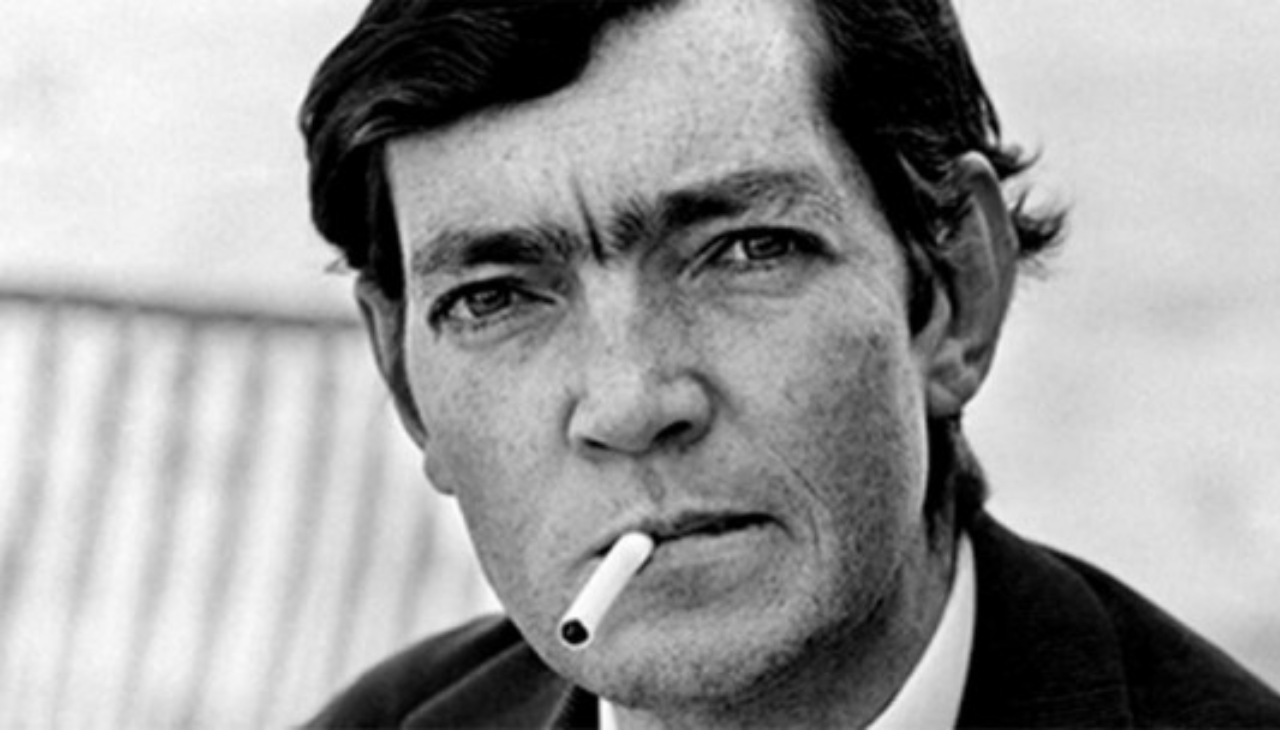
100 years of Truman Capote: the child genius who revolutionized literature and journalism
September 30 marked the first century of the writer who revolutionized American letters and journalism.
In the movie “Capote” there is a scene that paints the famed writer and genius from head to toe.
On their way to Texas to cover the murder of the Clutter family, which eventually led to his magnum opus "In Cold Blood," Capote and his co-worker, the also famous writer Harper Lee, took the Midwest train.
An operator helped them into their cabin, carrying their trousseau; this same person, before leaving, said to Capote: "It is an honor for me to be able to assist you, Mr. Capote. I read your last book and it is better than the previous one".
Capote thanks him for the compliment and the operator leaves, closing the door. After a few seconds of silence, Harper Lee glares at Capote to complain, "You're pathetic. You paid him to say that." Capote nods and they laugh.
It was one of those devilish things that the great writer of whom we celebrated the centenary of his birth on September 30 allowed himself. Those vanity gestures were typical of his character and only thanks to them and his talent he managed to build enough charm to get involved with all the jet set and show business of his time and build a solid and significant work.
RELATED CONTENT
It's all about journalism
In the famous prologue to his Music for Chameleons, Capote recalls the amount of trouble his strategy of taking note of everything and publishing it brought him.
In that foreword he states: "In 1975 and 1976 I published four chapters of the book (Answered Prayers) in Esquire magazine. This aroused anger in certain circles, where it was felt I was betraying confidences, mistreating friends and/or foes. I don't intend to discuss this; the issue involves social politics, not artistic merit. I will say only that all a writer has to work with is the material he has gathered as the result of his own endeavor and observations, and he cannot be denied the right to use it. Condemn, but not deny."
From my point of view, Capote basically did journalism. Proof of this is that in order to finish his masterpiece, In Cold Blood, he had to wait for the sentence to be carried out, and this spent more than five years in which the author lived a true creative nightmare, as he recounted in different texts and interviews.
He could not allow himself to distort the facts. He had to wait for the fatal outcome to conclude his work and attest to what he witnessed. This is evident when he stated that he never sought to write literary works of fiction where the facts were disguised. "My intentions are the reverse: to remove disguises, not manufacture them."
And he succeeded. Today we celebrate his work and the revolution he brought to journalism. A favor we will never be able to repay him.











LEAVE A COMMENT:
Join the discussion! Leave a comment.